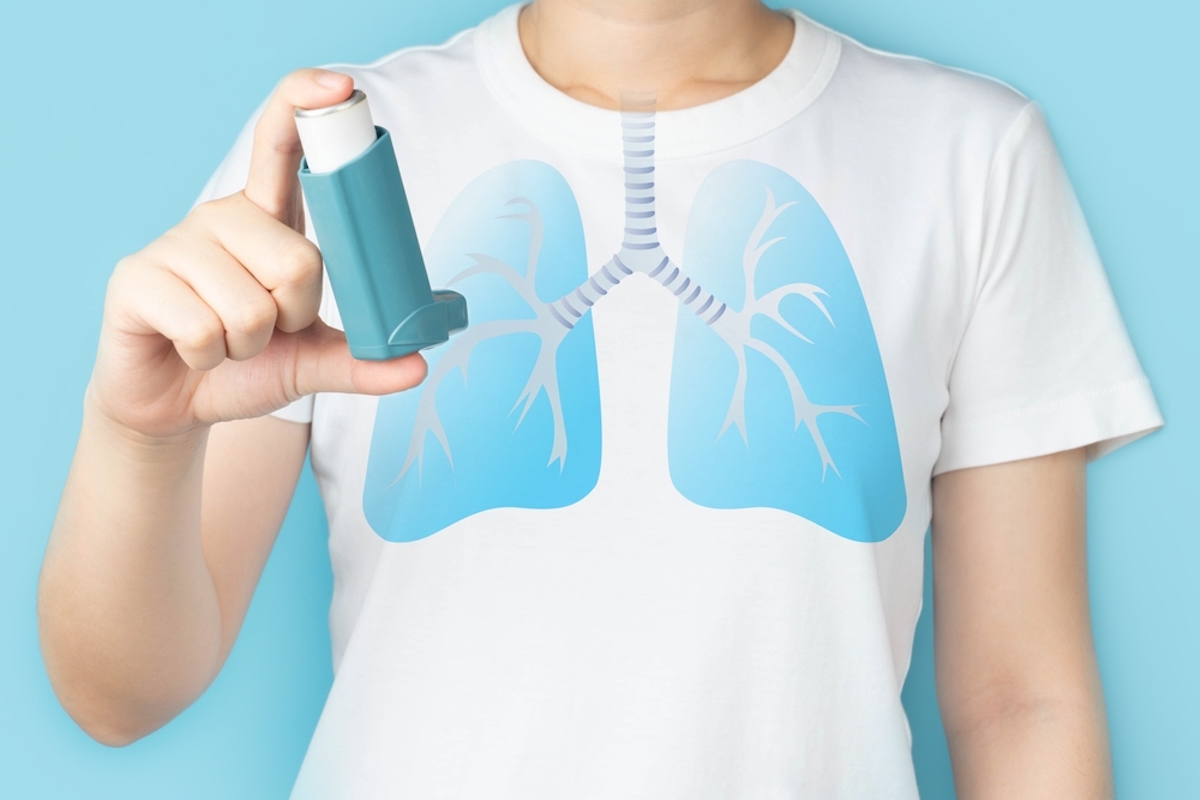Asthma might just be one of the best-known (respiratory) diseases in the world. This is not surprising when about 300 million people in the world suffer from it. The U.S. has about 25 million asthma patients – that’s 1 in 13 people. This disease can affect anyone, it doesn’t matter how old you are, what gender you are, or what your background is. We do see that the highest percentage of cases are among the black (adult) population. This is why it’s incredibly important to be educated about this lung problem.

We all know the scene where someone – out of the blue – has trouble breathing and then quickly reaches for his inhaler to take a big gulp. However, do we actually know what asthma is? And what it does to your respiratory system? It’s time to jog your memory. It’s a chronic respiratory disease in which, over an indefinite period of time, the airways become inflamed, swollen, or narrowed – and may produce extra mucus. This makes it more difficult to exhale breath. As this is a chronic condition, most people suffer from this for the rest of their lives, but there are cases of children diagnosed with asthma early on who grow over the condition.
Triggers of Asthma
Unfortunately, there is no known cause for why people get asthma. Medical scientists suspect that it’s due to environmental factors in combination with hereditary factors. We do know that there are things that can trigger the disease. Do know this is different in each case, but we’ve listed the most common triggers below:
- Airborne allergens, like pollen and dust mites
- Physical activity, like sports and biking/walking to school or work
- Respiratory infections, like a cold or bronchitis
- Cold air
- Smoke and other air pollutants & irritants
- Medication
- Stress & strong emotions
- Sulfites and preservatives added to foods & drinks
- GERD, a disease that pushes stomach acids back into the throat
Examples of foods that contain sulfites and preservatives that might trigger asthma symptoms are shrimps, dried fruit, beer, and wine. Of course, the picture painted earlier is absolutely correct, but it doesn’t always have to be so severe, which is why it’s good to know exactly what to look for to know if someone has this respiratory or is having an asthma attack. Continue reading on the next page and discover, among others, how you can recognize this respiratory condition.

